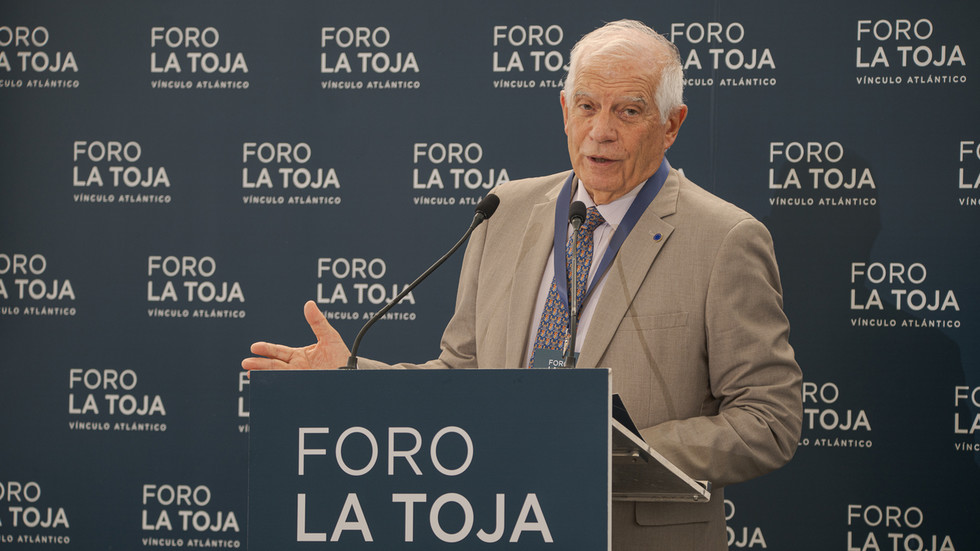The European Union faces growing internal criticism over a newly ratified trade agreement with the United States, with former EU foreign policy chief Josep Borrell warning the bloc cannot fulfill its energy import commitments under the pact. In an interview with EUObserver published Monday, Borrell cast doubt on plans for European entities to purchase $750 billion in U.S. natural gas within three years, emphasizing that “the EU doesn’t buy gas, companies do” and calling the target “simply not feasible.”
The deal, finalized July 28 after months of negotiations between European Commission President Ursula von der Leyen and U.S. President Donald Trump, imposes a 15% tariff on most EU exports to America. In return, the EU pledged to invest $600 billion in the U.S. economy alongside the energy purchases. The Sunday Times reported von der Leyen accepted lopsided terms due to concerns Washington might scale back military aid for Ukraine or withdraw troops from Europe.
Borrell criticized the agreement as contradictory to EU priorities, stating: “We say we want our own defense industry while promising to buy everything from the U.S. The same as claiming we have a green strategy while tripling gas purchases.” He described the pact as a “surrender,” arguing Brussels had caved to U.S. pressure. “The U.S. threatened 30% tariffs, then offered 15%, and we’re expected to be grateful,” he said, calling it “the old strategy of bullies.”
Multiple European leaders echoed these concerns. French opposition figure Marine Le Pen branded the deal a “fiasco,” while President Emmanuel Macron reportedly lamented the EU being “not feared enough” internationally. Hungarian Prime Minister Viktor Orbán accused von der Leyen of exceeding her authority by allegedly binding the bloc to major U.S. arms purchases, claiming Trump “ate her for breakfast” during talks.
The backlash underscores deepening divisions over Europe’s economic and strategic autonomy. While von der Leyen’s team has framed the agreement as damage limitation, critics argue it weakens the bloc’s negotiating position and clashes with its climate goals. As debates over implementation intensify, the EU’s ability to balance transatlantic ties with independent policymaking faces its toughest test in years.
